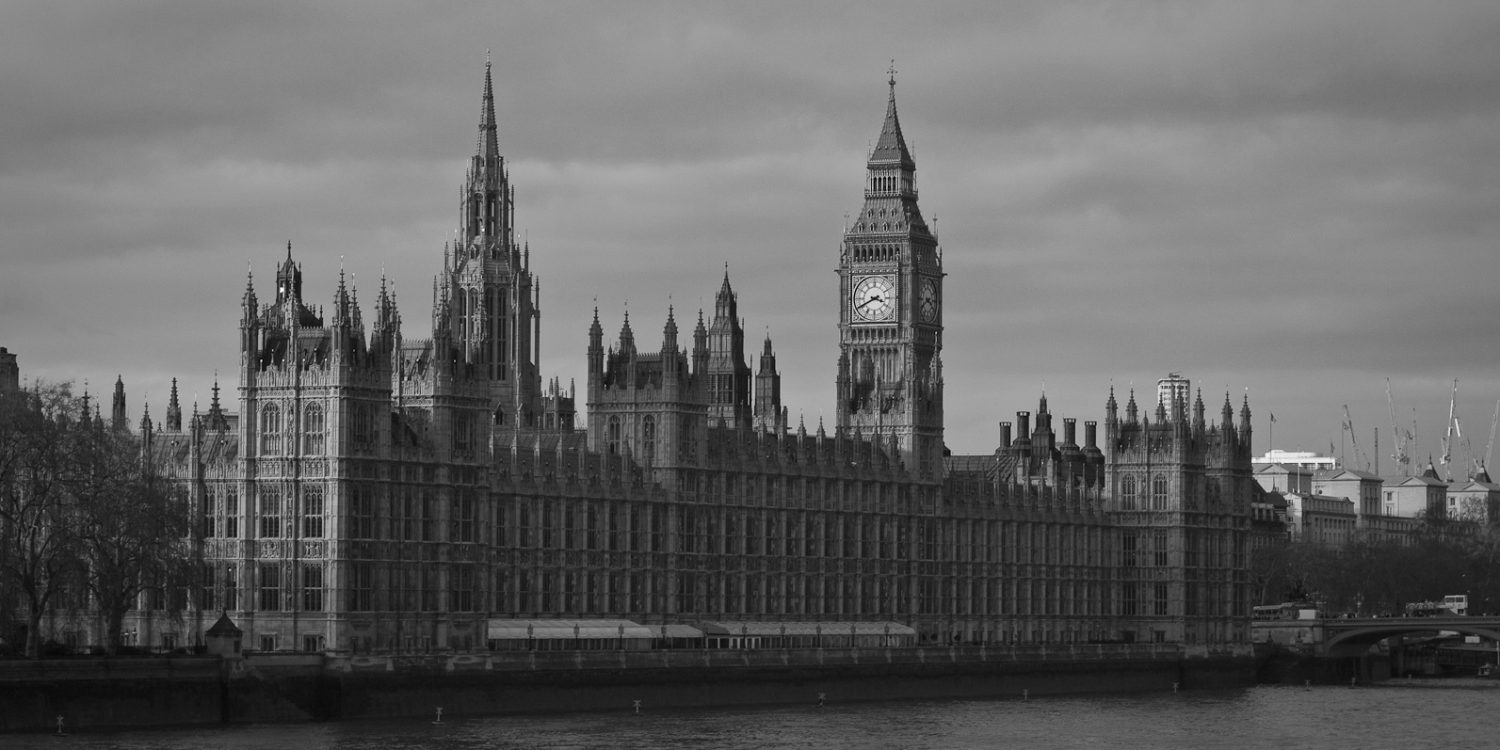The answer to political disengagement is more politics
The big story from the police and crime commissioner elections was low turnout. And it was the same in the three recent by-elections. It may be that a grey mid-November polling day is to blame, but it may be that...
The big story from the police and crime commissioner elections was low turnout. And it was the same in the three recent by-elections. It may be that a grey mid-November polling day is to blame, but it may be that voter apathy and political disengagement is winning the argument.
The last general election was won by no political party and so now we have a coalition of Tories and Liberal Democrats who say they have come together for the ’common good’, which they are using as an excuse to bring in ideologically-motivated changes that no-one voted for. ’But,’ they say, ’it’s in the coalition agreement.’ This does nothing to rebuild the trust lost between politicians and voters.
There have, however, been a couple of changes in parliament, which may at first sight seem technical, but have had a big impact on how accessible we have become to the people who have elected us. We exist, after all, in a heavily representative system where people get a say once every five years, now that we have fixed-term parliaments; there is no obligation on us to ask for their opinions in between.
First of all, the backbench business committee was created. This is a group of backbench MPs elected by their peers to decide on how 35 days of every parliamentary year should be used. I am the committee’s first chair and we decided early on that we would be responsive only to matters brought to us by backbenchers rather than choose them ourselves. As a result we have scheduled debates on various issues, including: holding an EU referendum, banning wild animals in circuses, providing compensation for victims of contaminated blood and calling for action on loan sharks and pay-day loan companies. In short, issues that are raised in pubs, clubs and surgeries around the country, but which governments and oppositions tend to give a wide berth.
In one blow, parliament has become more responsive and is raising issues that the people we represent care about.
As well as this, we now have an e-petition system. It is imperfect at the moment, raising expectations which often cannot be met, but it is a step in the right direction. Any e-petition that reaches the 100,000-signature threshold is brought before the backbench business committee and all have, so far, gained a hearing in parliament. These have included recent debates on fuel and beer duty and stopping the badger cull. In each of these debates the viewing figures on the parliament channel have been unprecedented because finally we are discussing things that people care about.
This really matters. For too long we have been giving people a phoney choice between three political parties who all want to occupy the political centre ground. It makes us all look the same, on issues which aren’t major concerns for people, anyway. But as soon as it comes to an issue on which the public would like their say, like a referendum on the EU, there is silence in the manifestos of the political parties. It is an issue that is too problematic for parties to deal with, so they don’t, but it leaves an electorate feeling that politicians can’t be trusted.
At the same time, people often say that they wish politicians would stop arguing amongst themselves and get round a table to do what is best for the country. This would make things even worse: politicians deciding amongst themselves what is best for everyone without even giving people a choice. That is exactly what has led to the political disenchantment which, in turn, has led to the low turnouts we are seeing today.
The answer is more politics, not less. More ideology, not shying away from it. Big ideas rather than tinkering changes. But most of all, giving people a genuine choice, something to argue for or against, and politicians who can defend their points of view. If we achieve that, we will see turnouts rise and politics matter again, because how much you pay for petrol and beer matters. And that’s a matter of politics.
This article originally appeared in the winter 2012 Fabian Review
